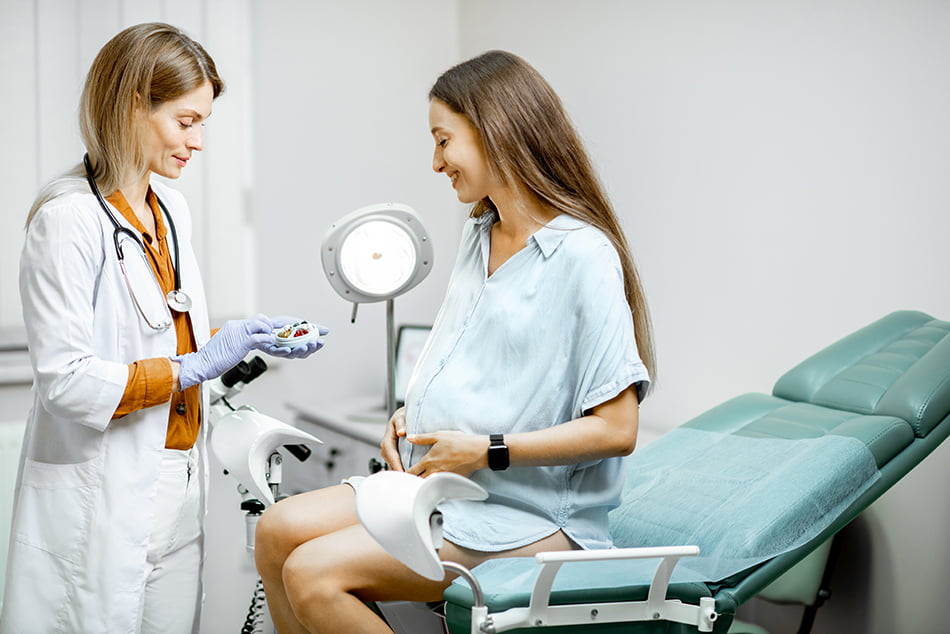294/1 Asia Building (11th Floor), Phyathai, Bangkok
PAP smear

Pap tests (or Pap smears) look for cancers and precancers in the cervix. Precancers are cell changes that can be caused by the human papillomavirus (HPV). HPV is a sexually transmitted infection that goes away on its own in most people. If it does not go away, HPV can lead to cervical cancer. An HPV test looks for HPV in cervical cells.
Why do I need Pap and HPV tests?
A Pap test can save your life. It can find cervical cancer cells early. The chance of successful treatment of cervical cancer is very high if the disease is caught early. An HPV test can give your doctor more information about the cells from your cervix. For example, if the Pap test shows abnormal cervical cells, the HPV test can show whether you have a type of HPV that causes cervical cancer.
Who should get regular Pap or HPV tests?
Most women 21 to 65 years old should get Pap tests as part of routine health care. Even if you are not currently sexually active, got the HPV vaccine, or have gone through menopause, you still need regular Pap tests. Experts recommend: • Women 21–29 get a Pap test every 3 years • Women 30–65 get: ◦ A Pap test every 3 years, or ◦ An HPV test every 5 years, or ◦ A Pap and HPV test together (called co-testing) every 5 years
Women older than 65 need a Pap test if they have never been tested or if they have not been tested after age 60. Some women may need Pap or HPV testing more often.
How do I prepare for a Pap or HPV test?
You do not have to do anything special to prepare for a Pap or HPV test. Also, you should not douche before a Pap or HPV test. Most doctors do not recommend douching for any reason. You also should not put anything in or around your vagina to clean it, other than soap and water on the outside of your vagina.
Are Pap and HPV tests painful?
Some women find Pap and HPV tests uncomfortable, but the tests should not be painful. You will feel pressure as your doctor or nurse puts the speculum (a tool that helps your doctor or nurse see your cervix) into your vagina. If you have never had sexual intercourse or if you have had pain when something is put into your vagina, you can ask your doctor or nurse to use a smaller speculum. You can also help lessen or prevent pain by urinating before the test to empty your bladder or by taking an over-the-counter pain reliever, such as aspirin, acetaminophen, or ibuprofen, about an hour before your Pap or HPV test.
Q: What do my Pap test results mean?
Your Pap test results will say one of these three things:
- Normal. The cells collected from your cervix during the Pap test look like they should and you do not have to do anything until your next Pap test.
- Unclear. Your doctor does not know whether the cells collected from your cervix are normal or abnormal. Your doctor may do more testing right away to rule out any problems, or your doctor may have you come back in 6 months or a year for another Pap test.
- Abnormal. The cells collected from your cervix during your Pap test look abnormal. Abnormal Pap test results do not mean you have cancer, so your doctor must do other tests to find out what should happen next. Your doctor may do another Pap test right away or, if the cell changes are minor, wait 6 months or a year before doing another Pap test.
Can a Pap test tell me whether I have a sexually transmitted infection (STI)?
No. A Pap test is not used to find STIs. You must ask your doctor to test you for STIs if you want to have STI testing.
